
Useful articles to help you handle COVID-19 with your family
Find tips and tricks for supporting your child’s development from home. There’s a lot of information to process right now. To help you…
Discover the key milestones of physical, cognitive, linguistic and socio-affective child development and understand the science behind child development.
Discover the key milestones of physical, cognitive, linguistic and socio-affective child development and understand the science behind child development.

Find tips and tricks for supporting your child’s development from home. There’s a lot of information to process right now. To help you…
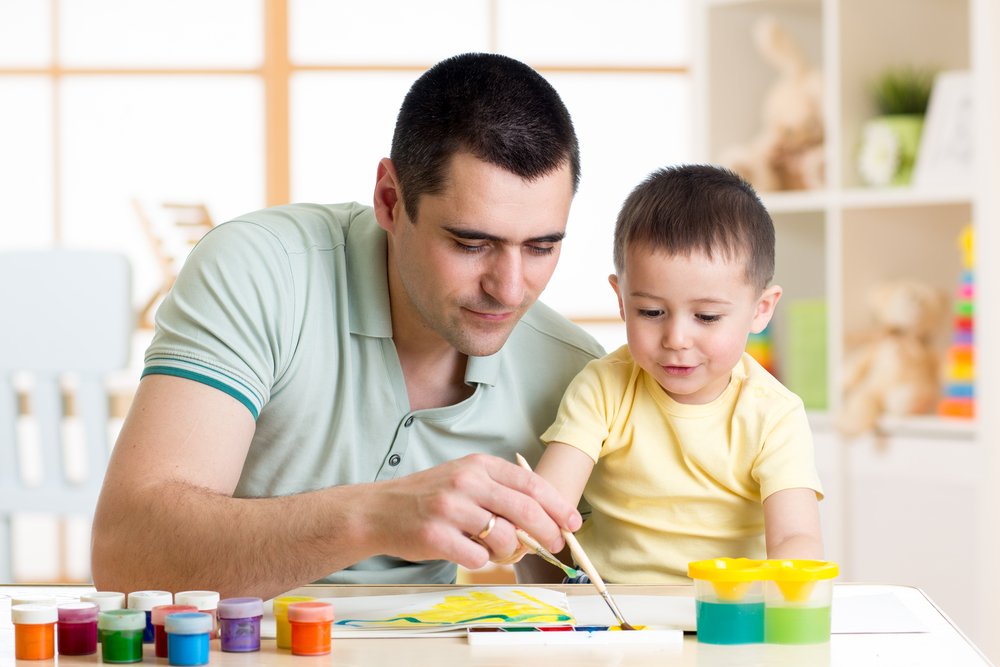
We share a few simple ways to keep kids on track and engaged while schools are closed. More than 300 million children around…
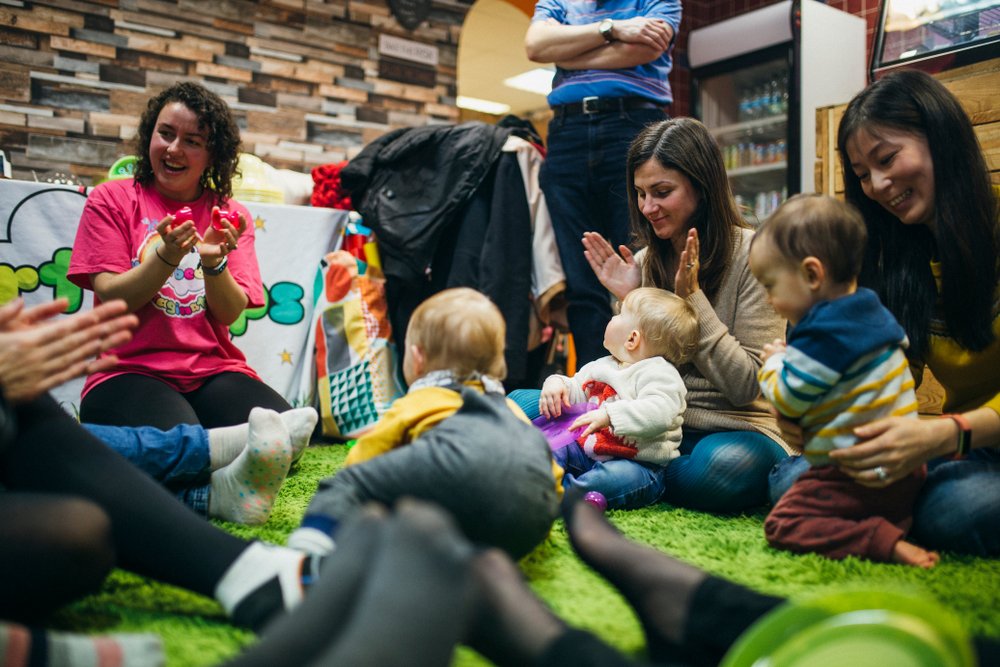
Key points: Singing to your baby has developmental and emotional benefits, including strengthening your parental bond and teaching your child how to listen…
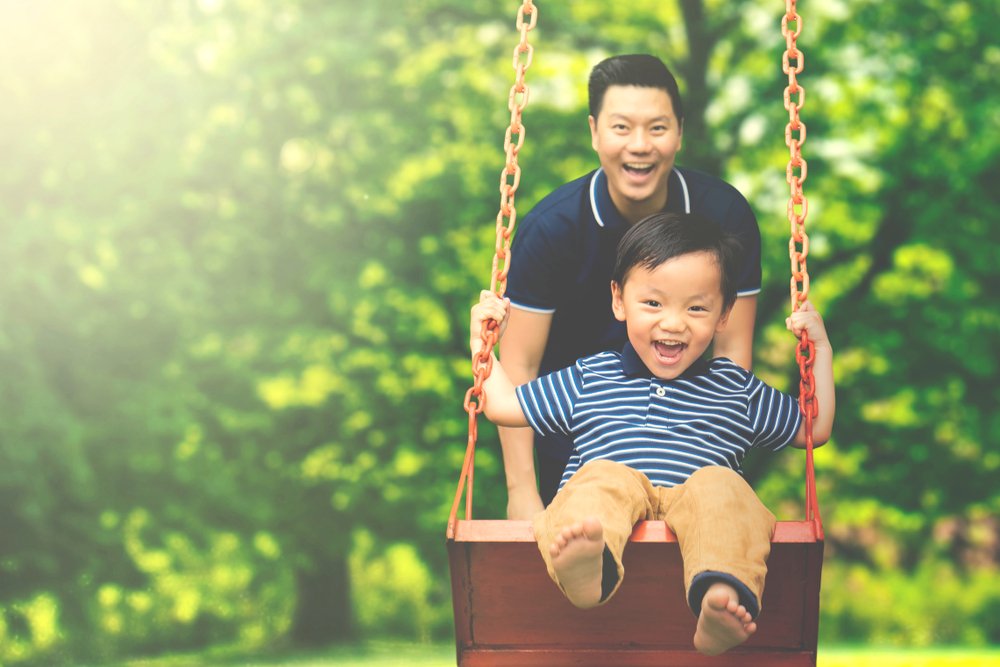
Key points: Experts are calling “distracted parenting” or “partial attention parenting” a concerning new phenomenon that could be detrimental to children’s social and…

Key points:Book recommendations for Valentine’s Day: Todd Parr’s “”The I Love You Book.”” Anna Dewdney’s “”Llama Llama I Love You.”” Laura Numeroff’s “”Happy…

Key points: Siblings of children with special needs may be overlooked due to the focus on therapy and appointments. Special attention can be…

Key points: Vivimos en un mundo dominado por la impaciencia que puede crear una sensación de derecho y desdibujar la línea entre deseos…

Key points: Positive communication with children is fundamental for their development, building their confidence, resilience, and grit, and providing them with a model…

Key points: Less is more: Set 1-3 resolutions for kids, use visuals, like a responsibility chart. Ensure consistency across environments. Be a consistent…
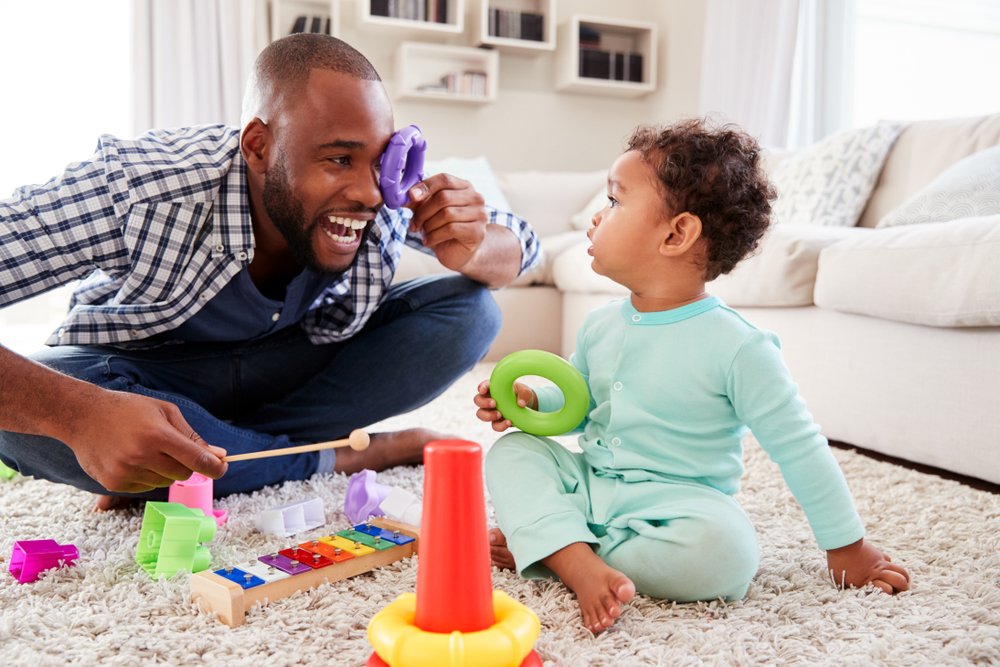
Key points: Serve and return are back and forth interactions between a parent and a child, where the adults share the little one’s…

Key points: Attachment is a relational process that starts developing since infancy and consolidates during the first years of life, which involves a…
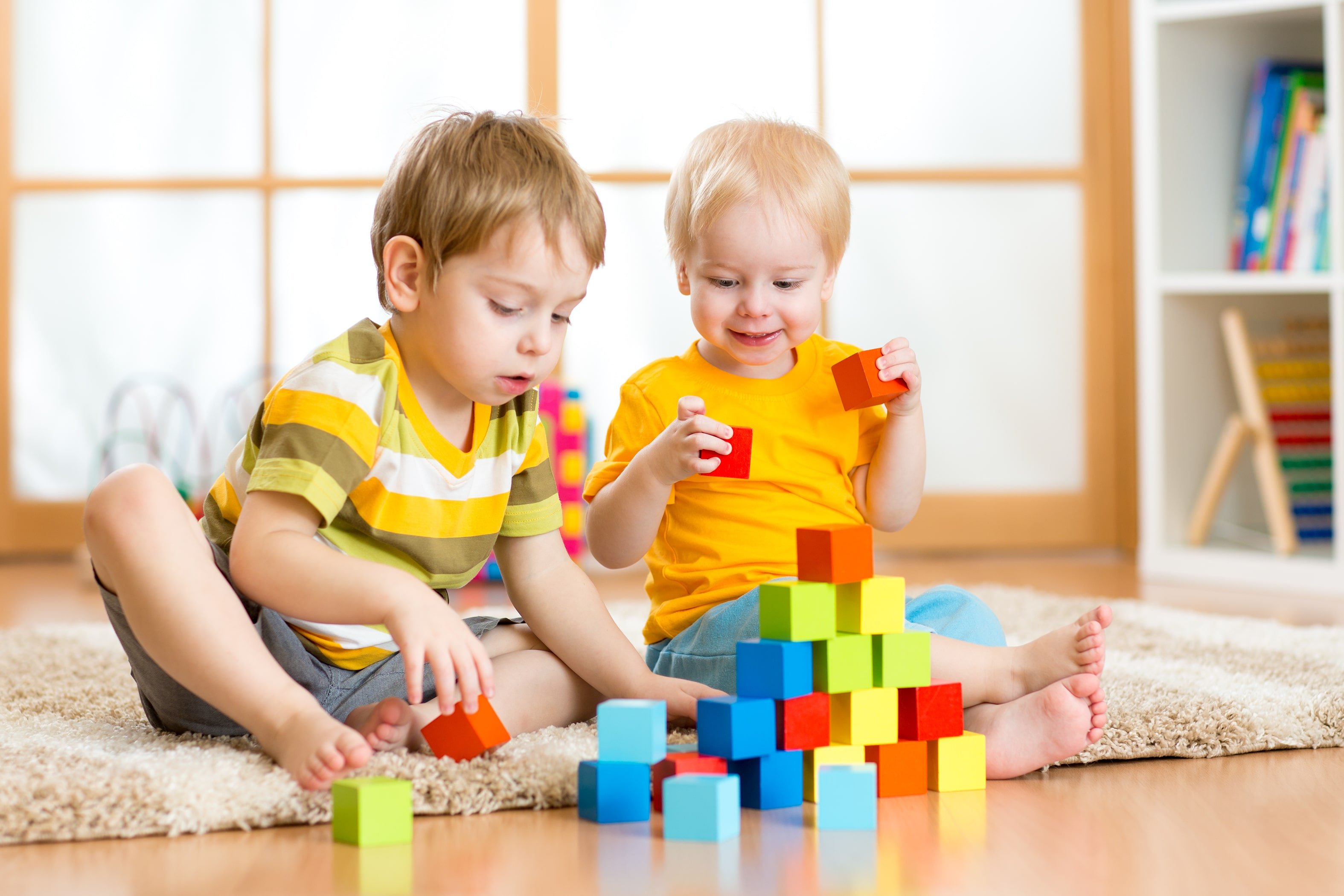
We as humans are social beings, so all parents look forward to seeing their little ones begin to make friends and interact with…
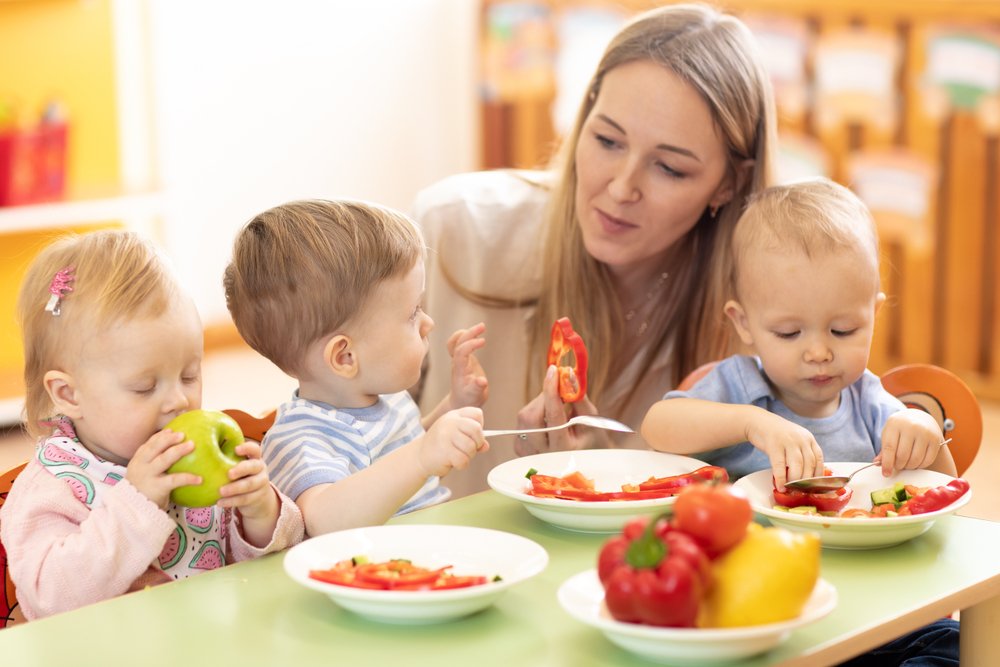
Introducing solids to a baby is very exciting. And since we use the same parts of our mouth for eating and for talking,…

Key points: Baby’s brain develops 90% of its adult size in the first three years. Early experiences shape neural connections crucial for brain…
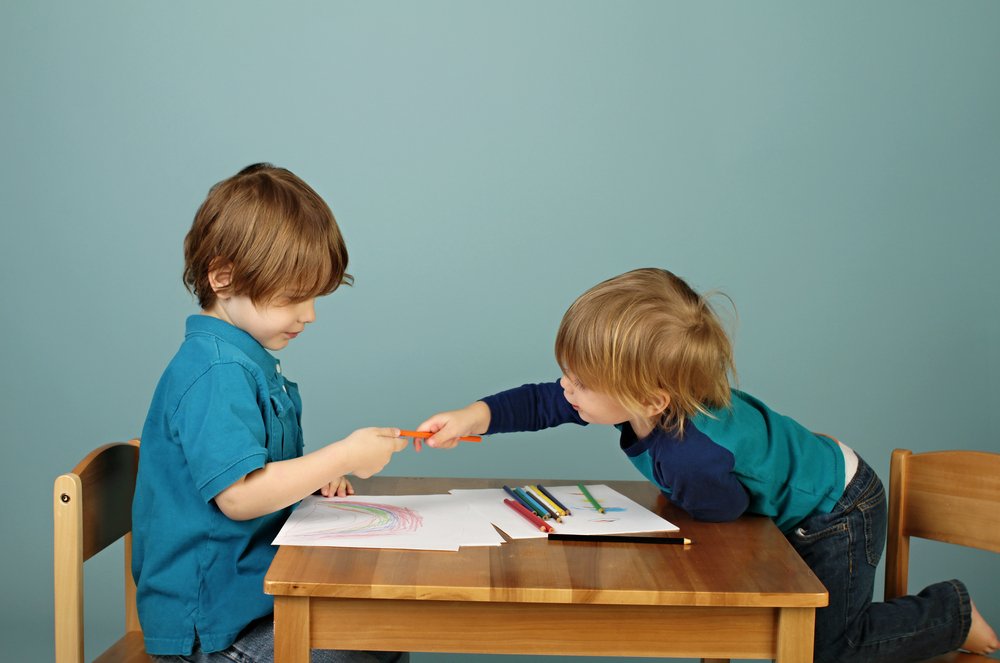
Key points: Understanding ownership is a crucial developmental milestone at around 29 months. Ownership is an abstract concept, vital for social and emotional…

Key points: Pointing is one of the earliest ways in which babies communicate before they can speak, and can begin around 9-18 months…

Key points: Theory of Mind is understanding others’ mental states (emotions, intent, beliefs). It’s a fundamental cognitive ability developed through social interactions. Early…

Key points: Establish clear ground rules for behavior and play during the gathering. Provide healthy, protein-rich snacks to keep the children energized and…

Key points: Setting up expectations can help make the transition back to school stress-free for children. Using positive language and “get to” statements…

Key points: Teaching personal hygiene and self-care is crucial for a child’s future independence. Essential self-care areas for preschoolers include sleep, food, drink,…

Key points: Researchers have been conducting a longitudinal study of 70,000 individuals born in the UK over a 70-year time period, collecting information…